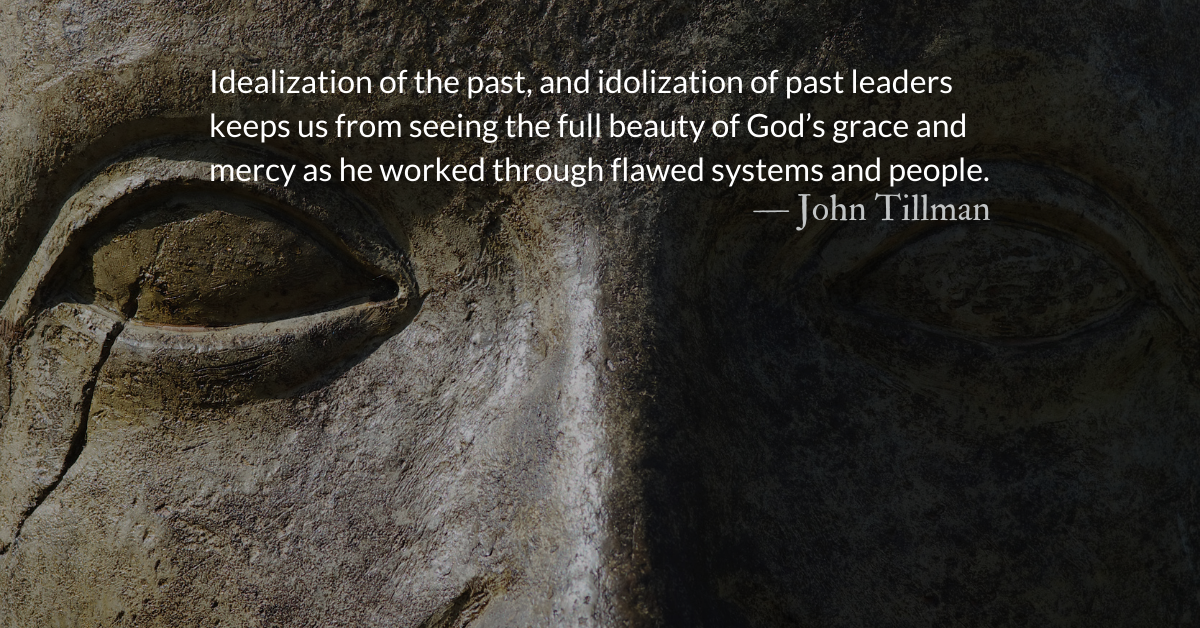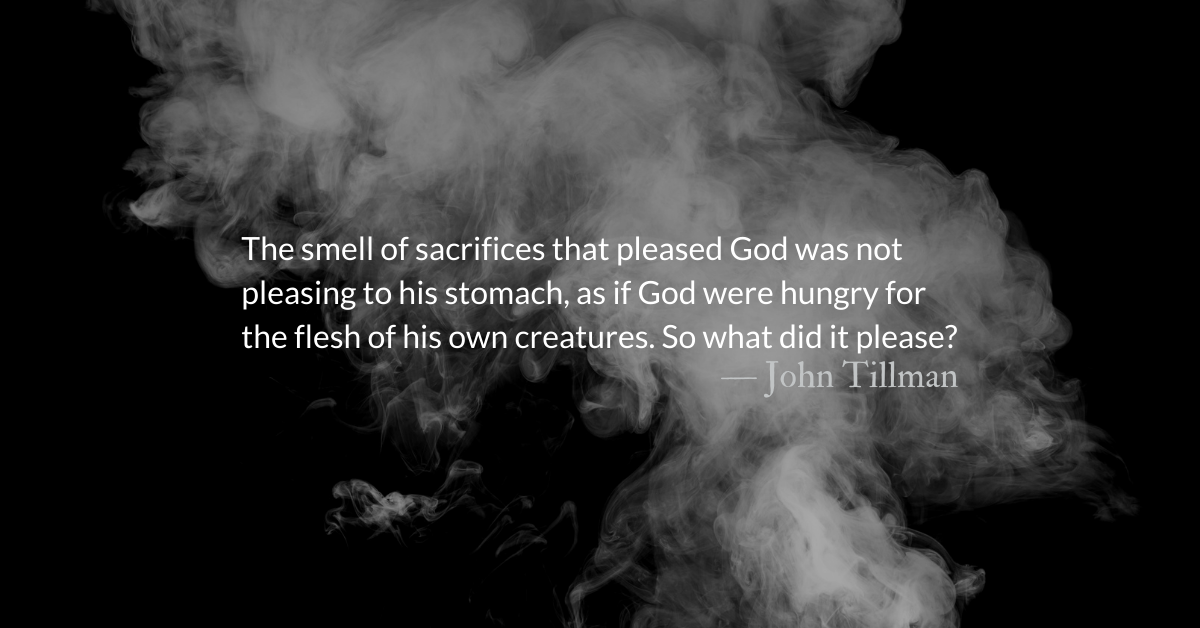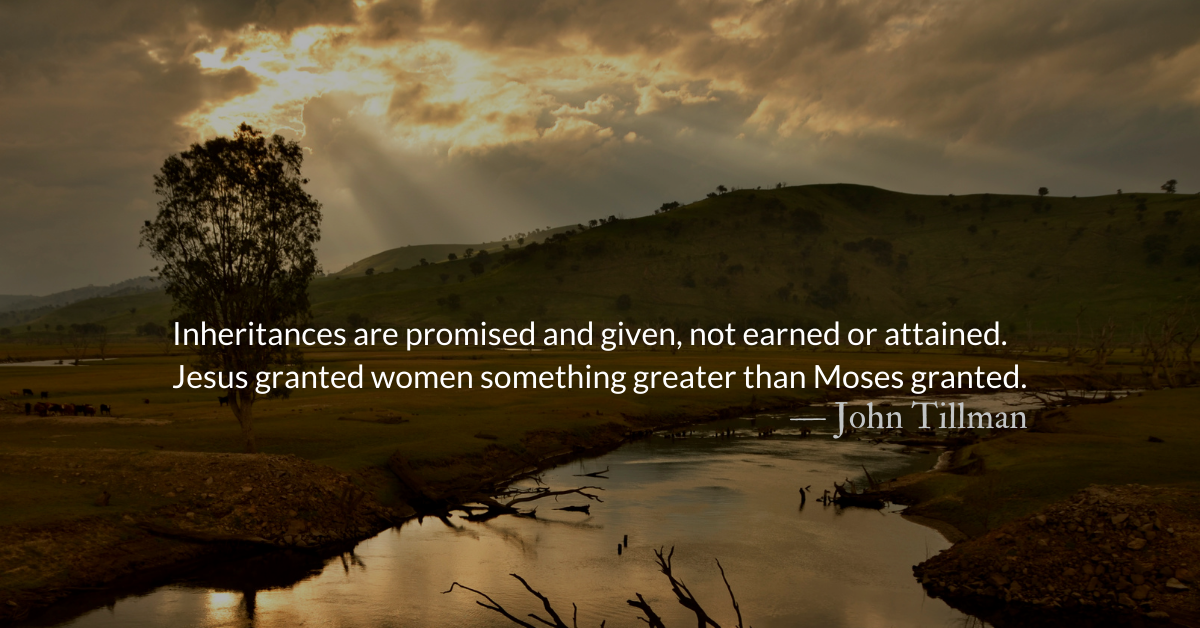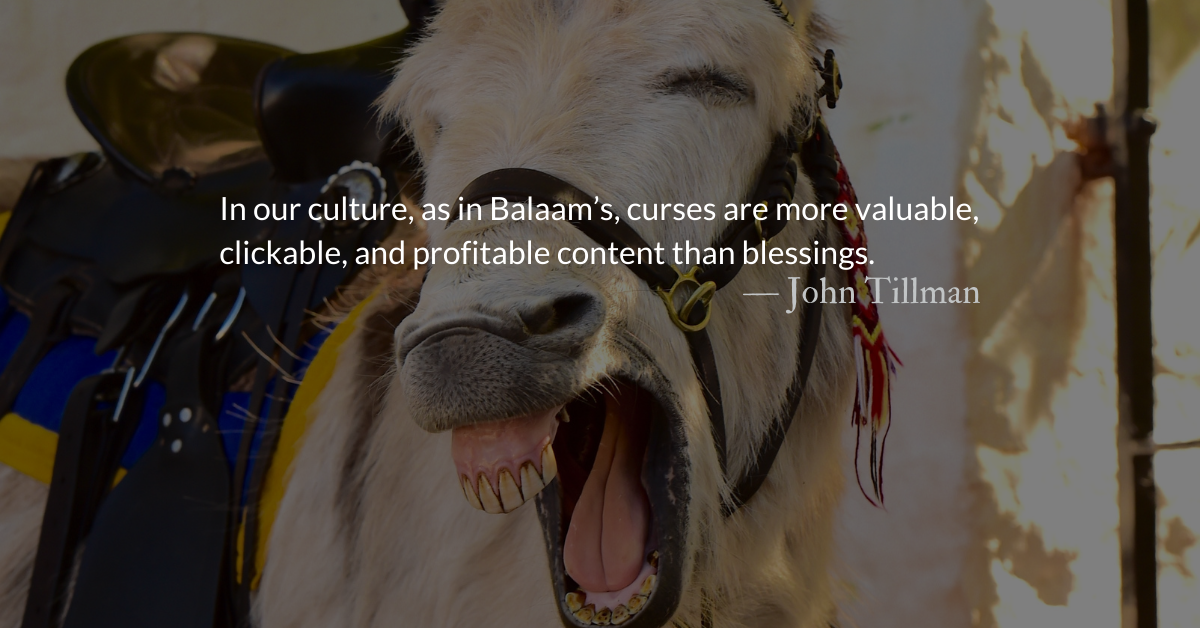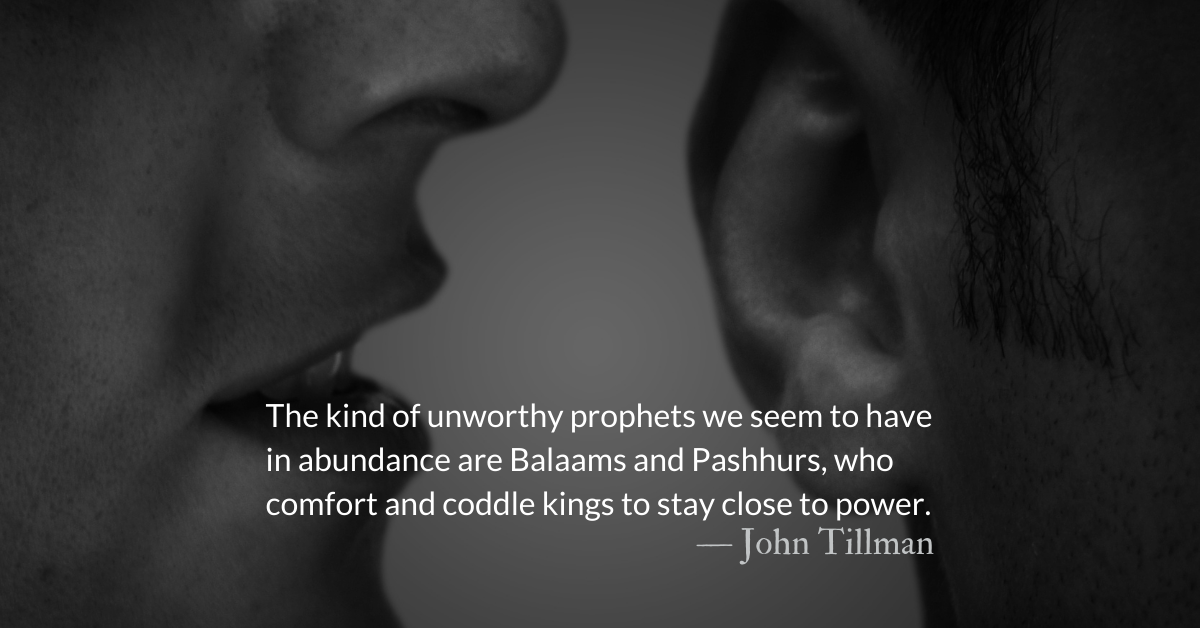Scripture Focus: Numbers 33.2
2 At the Lord’s command Moses recorded the stages in their journey.
Psalm 78.10-11, 17-18, 32-33
10 they did not keep God’s covenant
and refused to live by his law.
11 They forgot what he had done,
the wonders he had shown them.
17 But they continued to sin against him,
rebelling in the wilderness against the Most High.
18 They willfully put God to the test
32 In spite of all this, they kept on sinning;
in spite of his wonders, they did not believe.
33 So he ended their days in futility
and their years in terror.
Reflection: Sojourn of Grace
By John Tillman
Asaph’s Psalm 78 is a poetic filter through which to view Moses’ detailed record of the Israelites’ travels in the wilderness. The geographical mapping of their physical wanderings lines up next to the spiritual map of their wavering faith. This poetic trip Asaph offers as a parable, a metaphorical reading of the historical events.
God saves them.
They slander him.
God leaves them.
They cry out for him.
Asaph is not interested in hiding the flaws of the past but in praising God. (Psalm 78.4) You won’t find Asaph eloquently defending past sins so that descendants can have pride in their heritage. Quite the opposite. Asaph calls the people stubborn, rebellious, and disloyal. God, however, is patient, blesses them, and saves those who turn to him.
Asaph is upfront and direct about the failures and sins of the generations before him. His purpose is for future generations to be more devoted to the Lord, not go back to the ways of the past.
Idealization of the past and idolization of past leaders and historical figures is a problem in every culture. In Christianity, this idealization and idolization keeps us from seeing the full beauty of God’s grace and mercy as he worked through flawed systems and people.
When we imagine Moses as the perfect lawgiver, how can we expect God to use us lawbreakers? We cannot do so unless we lie to ourselves about our own holiness and become like the Pharisees.
When we imagine David as the ideal, benevolent king, judge, and warrior, how can we expect God to use us to provide justice? We cannot do so unless we lie to ourselves about our capacity for justice and become selfish, abusive dictators like David at his worst moments and like most of his descendants.
We, like the Israelites, are on a sojourn of grace. Part of God’s grace is that we don’t have to deny our past nor go all the way to him at once. God honors the sojourner and guides us to himself, step by step. Even when we misstep or fall back, he will be faithful to us.
We have not arrived. Like Aaron, who climbs a mountain to die, and Moses, who will soon do the same, we may not finish the journey. We will suffer as we leave rebellions behind us. We will, step by faithful step, navigate towards being more faithful and more reliant on God.
Divine Hours Prayer: The Refrain for the Morning Lessons
Then shall all the trees of the wood shout for joy before the Lord when he comes, when he comes to judge the earth. — Psalm 96.12
– Divine Hours prayers from The Divine Hours: Prayers for Springtime by Phyllis Tickle
Today’s Readings
Numbers 33 (Listen – 4:53)
Psalm 78 (Listen – 7:12)
Read more about Blessings of the Dispossessed
May we sojourn humbly in faith. May we enact justice and peace. May kings come to us, recognizing a source of God’s blessings.
Read more about The Blandness of Hell
Those who go to Hell, do so on their own. God lays no hand upon them—merely pushes the door open for them.


